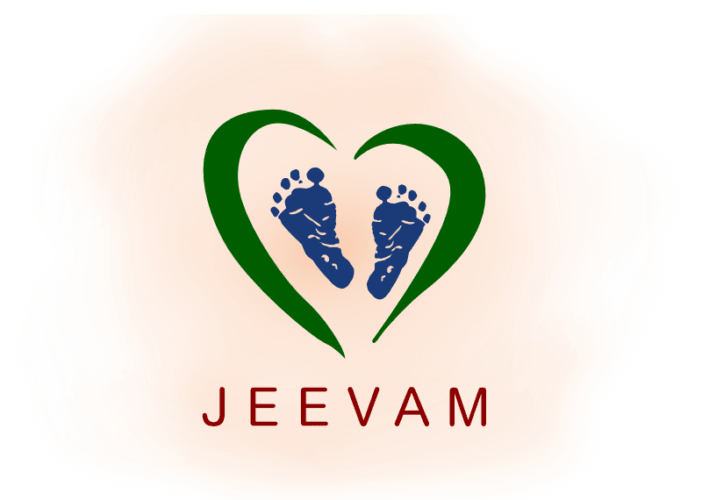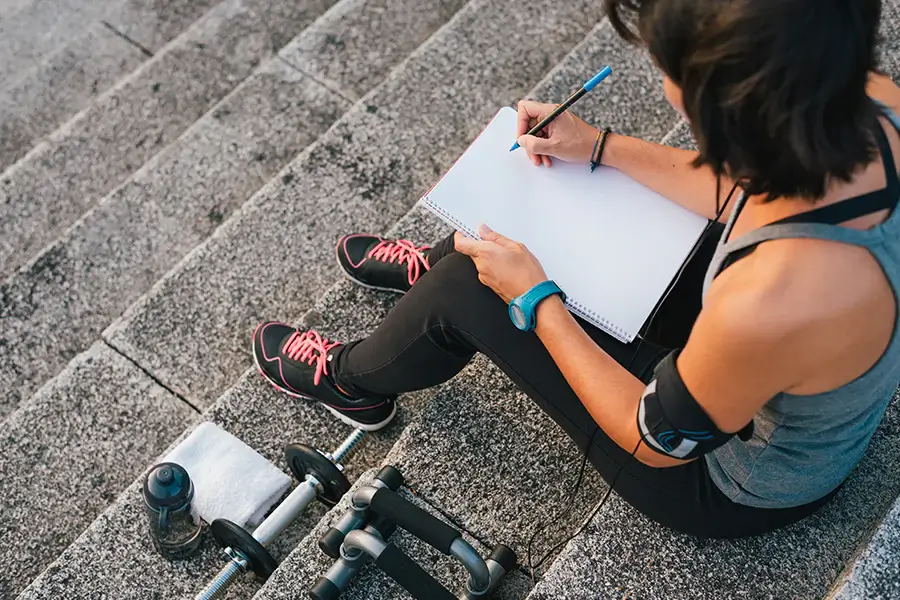Tags: cold weather, hypothermia, winter tips, health tips
Home » Health Blog » Are You Ready To Face The Cold Weather?

Quick Links
-

Are You Ready To Live Better?
Latest Health Posts

SUBSCRIBE TO OUR HEALTH BLOG
Notice: JavaScript is required for this content.



